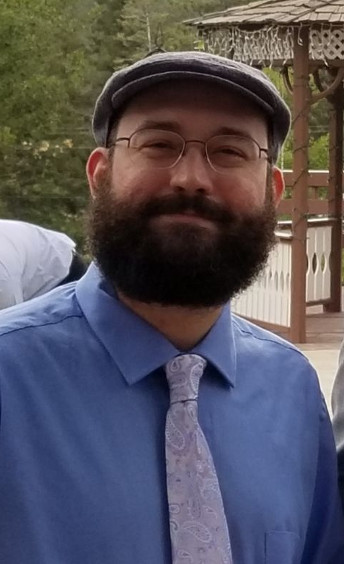There have been a lot of disheartening rulings, over the past few years, in cases where comic book creators or their heirs attempted to reclaim the rights to their work: the Siegels, the Shusters, the Kirbys. And Gary Friedrich.
Friedrich -- co-creator of Ghost Rider with Roy Thomas and Mike Ploog -- has fallen on hard times. Like far too many creators in comics, he's gotten old and poor and sick while the company he used to freelance for has made millions off his work. Like far too many creators in comics, he tells a story of the company promising far more than what it delivered.
Friedrich sued Marvel in an attempt to reclaim the rights to Ghost Rider. Marvel countersued -- Friedrich had been selling signed Ghost Rider prints without giving them a taste -- and, because Friedrich is not an artist, he was signing other people's Ghost Rider art.
Friedrich lost. And not only did he lose, but Marvel made an example of him. They sought not only $17,000 from a man who was too broke to pay his medical bills; they also demanded that he stop publicly referring to himself as the creator of Ghost Rider. I've seen lots of creators lose cases like this -- but never seen terms that seemed so punitive and downright mean-spirited.
Friedrich appealed. And today, a three-judge panel unanimously vacated last year's ruling.
Via Reuters:
On Tuesday, a unanimous three-judge panel of the appeals court deemed that Friedrich's 1978 agreement with Marvel was ambiguous.
"First, the critical sentence defining the 'Work' covered by the Agreement is ungrammatical and awkwardly phrased," Circuit Judge Denny Chin wrote in the 48-page opinion. "Second, the language is ambiguous as to whether it covered a work published six years earlier."
The appeals court found that Marvel was not entitled to a judgment based on its argument that a statute of limitations has expired. The court also found that there is a genuine dispute of facts regarding the authorship of the character.
And The Hollywood Reporter quotes Chin further:
Spotlight 5 had been published six years earlier by a different corporate entity (Magazine Mgmt.) and had grown so popular that Marvel had already reprinted it once and had launched a separate Ghost Rider comic book series. Given that context, it is doubtful the parties intended to convey rights in the valuable Ghost Rider copyright without explicitly referencing it. It is more likely that the Agreement only covered ongoing or future work. Hence, there is a genuine dispute regarding the parties' intent for this form contract to cover Ghost Rider.
There are several points at issue. First, like in the Kirby case, the question of whether the work was created for-hire, in which case Marvel would be the legal author, or whether Friedrich and Ploog created that story independently and therefore co-authored it and sold it to Marvel. Thomas, unlike Friedrich and Ploog, was an employee of Marvel, and the extent of his role is disputed -- was the book authored by Marvel? Co-authored by Marvel?
And, like in the Siegel and Shuster cases, there is a question as to whether (if Friedrich was a legal co-author of the work) he gave up the right to reclaim the copyright. Chin's quote above is instructive: put frankly, it requires quite a stretch to believe that Friedrich would have knowingly given up his right to termination for such a small amount of money.
I believe that legal point is also at the root of the Siegel, and especially the Shuster, cases. That the Siegel and Shuster heirs would have deliberately given up their rights to reclaim Superman for the small amount of money DC offered them -- especially the Shusters, whose payout was reportedly only tens of thousands of dollars -- defies common sense.
All that said, while this gives Friedrich another chance, it doesn't give him any guarantees -- indeed, the appellate court has already noted several facts in Marvel's favor. Jeff Trexler runs down the facts, and compares the case to Siegel's 1974 case against DC.
I don't know what Friedrich's chances are -- I wish him the best but fear that recent trends aren't on his side -- but this case has repercussions beyond his case. Even if he loses again, this case raises more questions about Marvel's 1970's-era contracts -- and that could have some serious repercussions throughout the industry.
